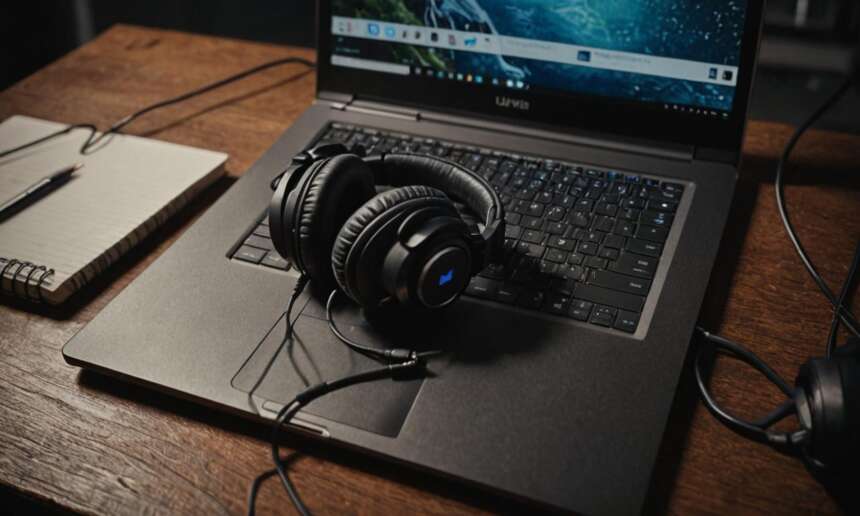Remote interviews have become an integral part of the modern recruitment process, especially with the rise of remote work culture and advancements in technology. In this guide, we delve into what remote interviews entail, their significance, and how to navigate them effectively.
The Essence of Remote Interviews
A remote interview is a job interview conducted via virtual communication tools such as video conferencing software, telephone calls, or even email. Unlike traditional face-to-face interviews, remote interviews allow employers and candidates to connect from different locations, eliminating geographical constraints.
Advantages of Remote Interviews
- Flexibility: Remote interviews offer flexibility for both employers and candidates, allowing them to schedule interviews at mutually convenient times.
- Cost-Efficiency: They eliminate the need for travel expenses, making the hiring process more cost-effective.
- Wider Talent Pool: Employers can access a broader range of candidates regardless of their location, opening up opportunities for diverse talent.
- Time-Saving: Remote interviews save time for both parties, as there’s no need to factor in commute time.
Challenges of Remote Interviews
- Technical Issues: Connectivity issues or unfamiliarity with the software can disrupt the flow of the interview.
- Lack of Personal Interaction: It may be harder to gauge body language and establish rapport remotely.
- Distractions: Candidates may face distractions in their home environment, affecting their performance.
Preparing for a Remote Interview
Effective preparation is crucial to success in a remote interview. Here are some tips to ensure you’re ready:
Test Your Equipment
Prior to the interview, test your camera, microphone, and internet connection to ensure they’re functioning properly. Familiarize yourself with the video conferencing platform that will be used.
Dress Professionally
Even though you’re interviewing from home, dress professionally to convey a positive impression. Choose attire that aligns with the company’s dress code.
Minimize Distractions
Find a quiet, well-lit space for the interview to minimize distractions. Inform household members about the interview timing to avoid interruptions.
Research the Company
Just like in a traditional interview, research the company and familiarize yourself with its culture, values, and recent developments.
During the interview, maintain professional conduct and engage actively. Here’s how:
Establish Eye Contact
Look directly into the camera to simulate eye contact and convey confidence.
Practice Active Listening
Listen attentively to the interviewer’s questions and respond thoughtfully. Avoid interrupting and provide concise, relevant answers.
Show Enthusiasm
Express enthusiasm for the role and company to demonstrate your genuine interest.
Ask Questions
Prepare insightful questions to ask the interviewer about the role, team dynamics, and company culture.
Follow-Up After the Interview
After the interview, send a thank-you email to express gratitude for the opportunity. Reiterate your interest in the role and highlight relevant points discussed during the interview.
Remote interviews offer a convenient and efficient way for employers and candidates to connect, facilitating the hiring process in today’s digital age. By adequately preparing and navigating the interview process effectively, candidates can showcase their skills and suitability for the role, ultimately increasing their chances of success.
Virtual Interview Etiquette
Virtual interviews require specific etiquette to ensure professionalism and effectiveness. Here are some key points to consider:
- Test Your Environment: Besides testing your equipment, ensure your background is neat and professional. Remove any clutter or potentially distracting items.
- Arrive Early: Log in to the interview platform a few minutes before the scheduled time to address any last-minute technical issues and show punctuality.
- Maintain Professionalism: Treat the virtual interview with the same level of professionalism as an in-person one. Use appropriate language and avoid distractions like checking your phone or browsing unrelated websites.
- Follow Non-Verbal Cues: Pay attention to the interviewer’s body language and tone to gauge their reactions. Adjust your own non-verbal cues accordingly.
Frequently Asked Questions
| Question | Answer |
|---|---|
| How can I overcome technical issues during a remote interview? | Before the interview, ensure your equipment is working properly. Have a backup plan in case of technical glitches, such as using a secondary device or switching to a phone call. |
| Is it acceptable to take notes during a virtual interview? | Yes, taking notes can demonstrate active engagement and help you remember key points. However, avoid excessive note-taking, which may distract you or give the impression of disinterest. |
| How should I handle interruptions during a remote interview? | If you experience interruptions, politely apologize and address the issue. Consider muting your microphone when you’re not speaking to minimize background noise. |




